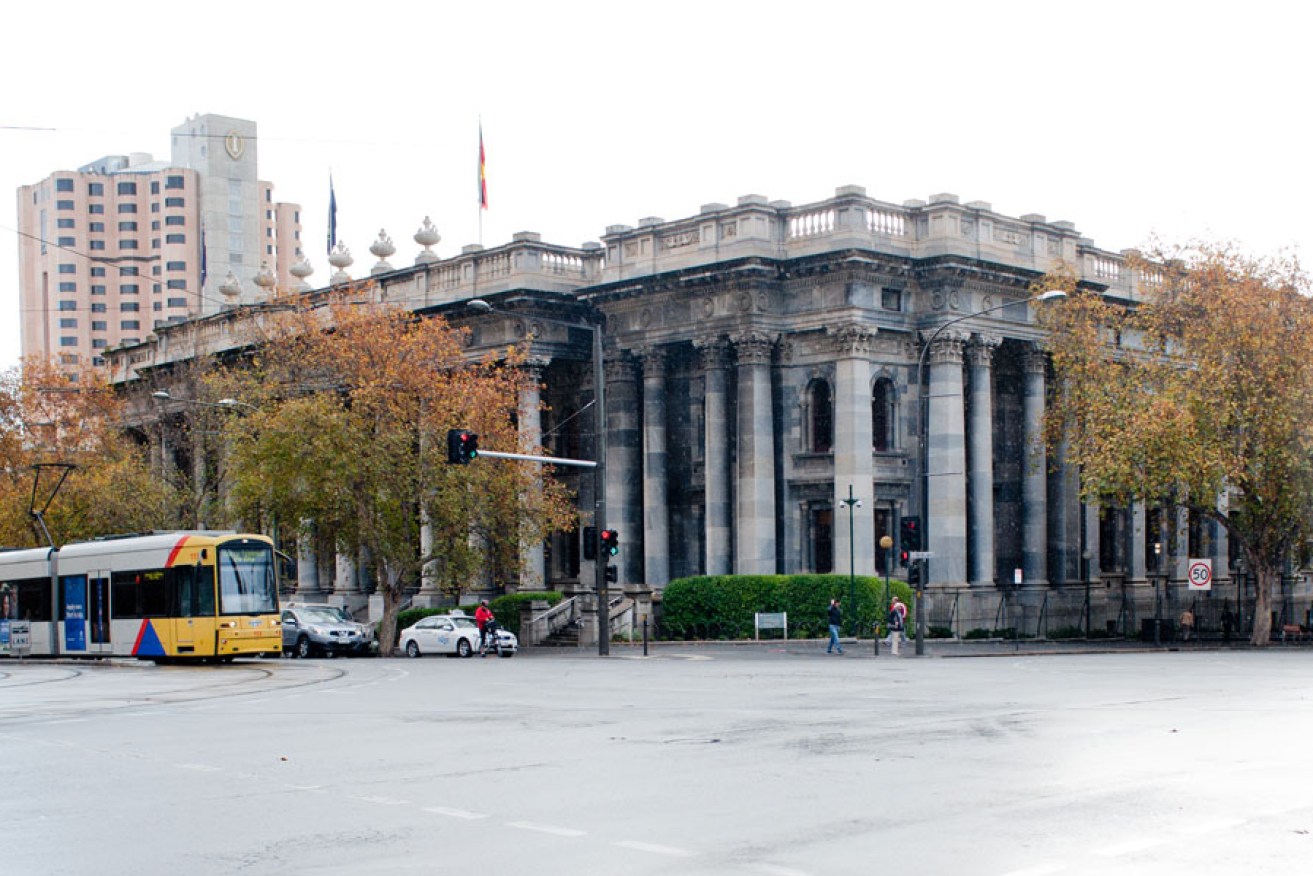Sitting MPs shut gate on lesser-known candidates

Not in our House: sitting MPs will vote to put the squeeze on obscure candidates getting elected through preference "harvesting". Photo: Nat Rogers/InDaily
New laws to bar Upper House candidates who can’t gather more than 2.5 per cent of the primary vote from collecting preferences will be rushed through parliament this week.
Major parties have been in talks with sitting MPs from the Nick Xenophon Group and Family First to agree on changes to the Electoral Act to prevent virtual unknown candidates from “harvesting” preferences from a raft of other unknowns until one rises through the list into a winning position.
If the changes pass, as expected, it will be almost impossible for an unknown candidate to emerge from a pack of preference swaps.
At the last federal election Ricky Muir from the Australian Motoring Enthusiasts Party turned his half-of-one per cent tally into 14.3 per cent by collecting preferences from almost every minor candidate.
Wayne Dropulich from the Australian Sports Party loomed large in the WA Senate race after recording just a tick above 2000 primary votes, (0.22 per cent).
Family First leader in the Upper House Dennis Hood told InDaily he expected the new laws to be pushed through parliament tonight or Wednesday.
“It’s all happened in a rush, but there’s broad agreement on this and I expect it will go through,” Hood said.
“There are some proposed changes to the Bill as it stands but these aren’t major hurdles and I think it will pass the Upper House and then the Lower House shortly after.”
The Bill was introduced into the House of Assembly on Tuesday 12 November and passed the same day.
After intense negotiations between the main players in the last fortnight, a deal has been agreed to add a further amendment to have a 2.5 per cent minimum vote qualification.
“It means that if you can’t get 2.5 per cent of the primary vote, then you are not eligible to ‘receive’ preferences,” Shadow Attorney-General Stephen Wade told InDaily.
“As candidates are eliminated, their preferences will only go to candidates above that 2.5 line.
“It will prevent the coordinated harvesting that’s happened in a few recent elections.”
The Bill also proposes changes to prevent candidates “sending a message” with their group name or using common members in group qualification.
The changes include:
- A single candidate for the House of Assembly be required to obtain the support and signature of 20 electors and a candidate for the Legislative Council 100 electors (as opposed to the current requirement of two). This is unlikely to get broad support and is expected to be knocked out.
- Only political parties and groups may lodge a voting ticket and hence obtain an ‘above the line’ voting ticket square.
- If candidates group together, they must have the supporting signatures of different electors.
- Limits to the number of descriptive words that may be provided adjacent to a candidate or group name on the Legislative Council ballot paper from five or less words to two words. An amendment from “Nick Xenophon Group” candidate John Darley, to increase this to three words, is expected to be approved.
- The ballot paper will be required to list candidates and groups in an order beginning with registered political party groups, independent groups and then lastly independents candidates.
Attorney-General John Rau said the current South Australian laws had too many loop holes that could be used to lever an almost unsupported candidate into a seat in parliament.
“The Government believes that these outcomes are undemocratic,” he said.
“This capacity to manipulate the system needs to be addressed.”




